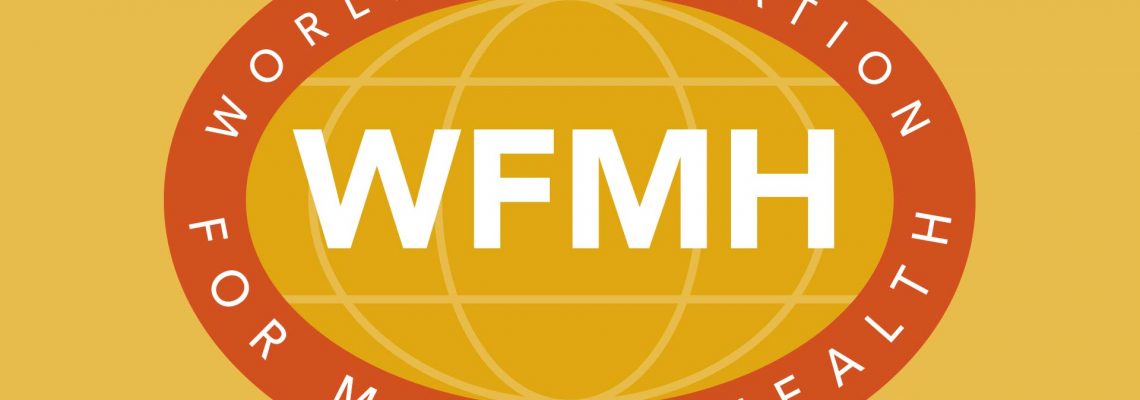Message from the WFMH President 2025-2027

WFMH President 2025-2027
Access To Services – Mental Health in Catastrophes and Emergencies
Fact Sheet
- Millions of people worldwide were and are affected by catastrophes and emergencies.
- Nearly one-third of disaster-affected people may experience burdensome consequences in the mental health context.
- Mental health disorders caused by disasters and emergencies require special skills, knowledge and competences of professionals.
- International guidelines and reports recommend various activities, support forms and actions for providing mental health and psychosocial support (MHPSS) during emergencies.
- Mental health support in emergencies requires ”a major rethink” of professionals and others.
- The effects of emergencies and catastrophes are varied and multifaceted. For affected people and for deployed helpers.
- This year’s theme also serves to highlight that these are areas where mental health disorders can occur more frequently, that many of these affected people need professional mental health support, and that the necessary support must reach them.
- It is also the task of the WFMH to ask political leaders, social leaders and chairpersons at national and international level for substantial support for these people, so that humans have the best possible access to the necessary professional help. This requires advance planning for all types of crises and implementation in advance in the areas of education, further training and MH knowledge and competences.
- Constant exposure to trauma, coupled with the pressure of providing help under extreme and challenging conditions, can place an immense burden on mental well-being of all professionals. The WFMH therefore calls for special attention and protection for these employees.
Prof. Dr. Sabine Bährer-Kohler
WFMH President 2025-2027

